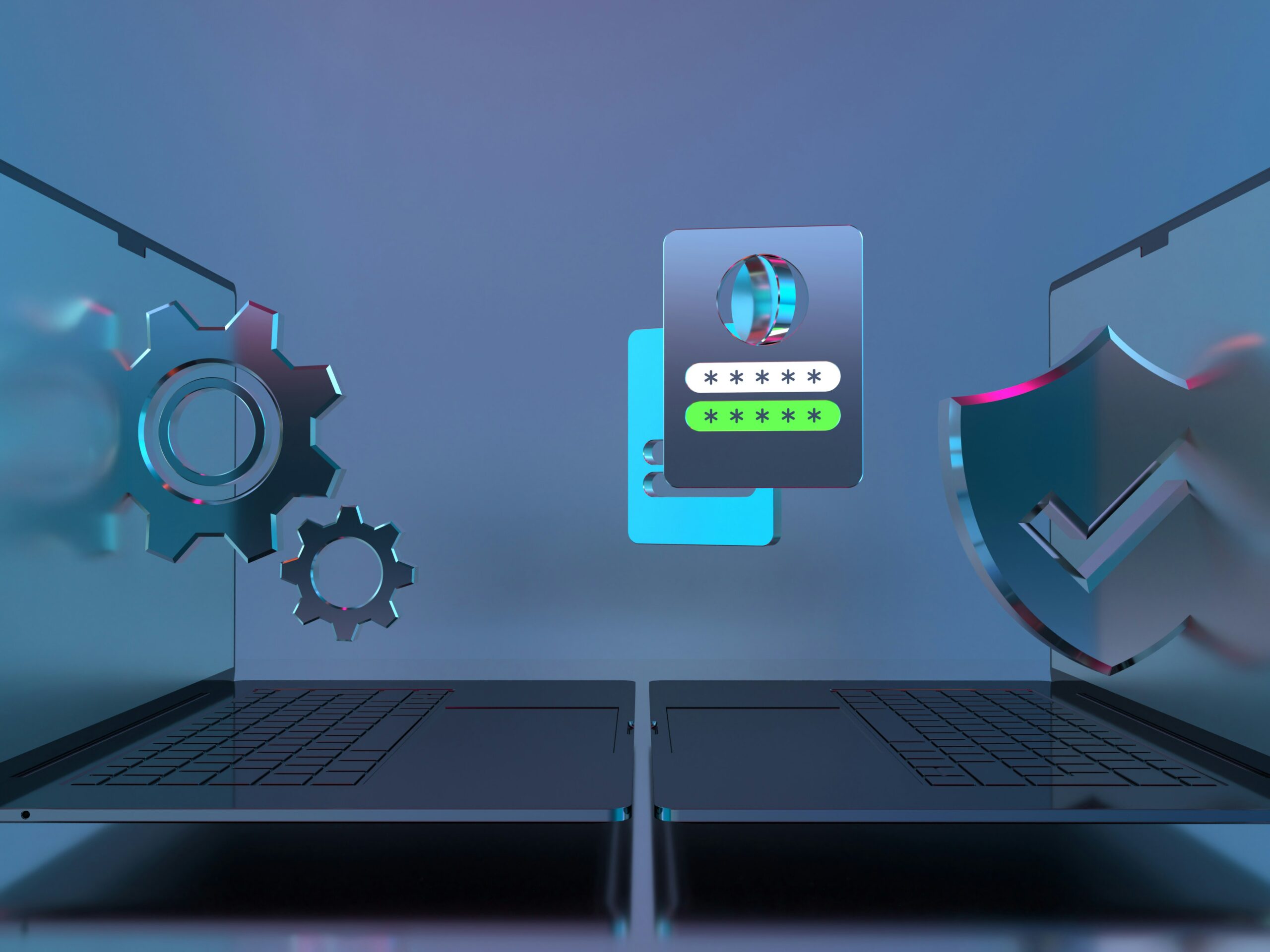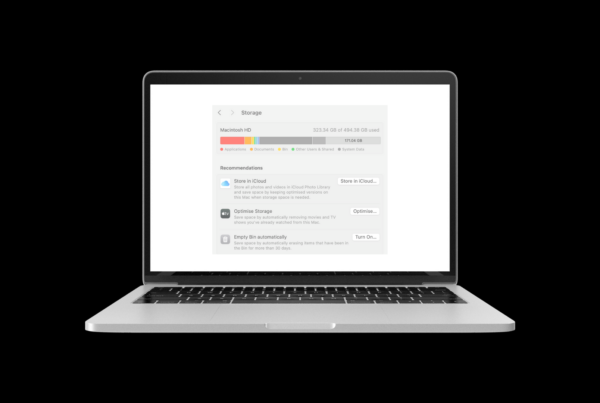Cybersecurity remains one of the most misunderstood aspects of our digital lives, with persistent myths and misconceptions leading individuals and businesses to make dangerous assumptions that leave them vulnerable to increasingly sophisticated cyber threats. From the belief that small businesses aren’t targets for hackers to the confidence that antivirus software alone provides complete protection, these widespread fallacies create a false sense of security that cybercriminals actively exploit. Many people still operate under outdated assumptions formed during the early days of the internet, not realising that the threat landscape has evolved dramatically. These misconceptions don’t just affect personal users; they influence corporate security policies, budget allocations, and risk management strategies in ways that leave critical vulnerabilities unaddressed.
Why is Business Cybersecurity Important?
Business cybersecurity is crucial because it shields systems, assets, and sensitive data from online threats, averting serious financial losses, harm to one’s brand, and legal problems. It guarantees regulatory compliance, preserves business continuity and efficiency, protects consumer information, and fosters customer trust. A company’s operations, viability, and reputation are all at risk without adequate protection.
What Can Cause Cybersecurity Breaches?
Malicious assaults like phishing and malware, technical flaws like unpatched software and weak credentials, human error like incorrect configuration or unintentional data disclosure, and insider threats are some of the causes of cybersecurity breaches. Inadequately secured cloud storage and supply chain or third-party vulnerabilities are other frequent causes.
Common Cybersecurity Myths Debunked
Everyone always talks about the importance of cybersecurity. However, no one ever truly discusses the myths surrounding cybersecurity. Being able to understand the myths will help you better understand if you need cybersecurity or if you need to upgrade your cybersecurity. Here are the most common cybersecurity myths debunked:
Antivirus Alone is Enough to Keep You Safe
Antivirus software is essential for cybersecurity, but depending only on it won’t shield you from all online dangers. Although antivirus programs are made to detect known threats, they are not always able to defend against more complex attacks and cutting-edge techniques.
Instead, use a multi-layered strategy that includes multi-factor authentication (MFA), firewalls, frequent software upgrades, and secure passwords. The more defences you have at your disposal, the better.
Cybersecurity Threats Only Come From Outside the Business
Many people believe that external hackers are the only source of cybersecurity concerns; however, they can also be unintentionally triggered by negligent data handling or even intentionally initiated by disgruntled team members.
By putting in place strict access restrictions, frequent audits, and continual staff training, you can stay on top of these threats.
Strong Passwords Are Enough
Having a strong password is fantastic. But being a cybersecurity superstar involves more than simply this. First of all, each account and device requires a unique password; in other words, no matter how secure your password is, you should never repeat it. Reusing passwords puts all of your accounts at risk if one of them is compromised.
It is then advised that you activate MFA for each account. In addition to your password, this doubles your security. The additional security is definitely worth the few seconds needed to scan your face or input a code provided to your phone.
A VPN is All You Need
Especially while using public wifi, a virtual private network (VPN) is an excellent security solution. VPNs do not, however, offer sufficient security on their own; to be safe, you must also create strong, one-of-a-kind passwords and refrain from clicking on fraudulent links.
A VPN helps safeguard your data and secures your web browsing. This is just one aspect of security, though, and it’s just one of many tools you’ll need in your cybersecurity toolkit.
Compliance Equals Security
Fulfilling industry compliance criteria does not guarantee that a company’s security is at its best or shield it from additional inspection or evaluations. Although compliance frameworks offer useful baseline controls, they should be seen as the very minimum of specifications. Regardless of how complicated its current architecture is, every business has unique risks and weaknesses that need to be addressed.
Additional protocols must be developed because frameworks are unable to intuitively accommodate particular bespoke interconnections between tools and systems.
Security Tools Provide Complete Protection
Complete protection cannot be ensured by a single security solution or set of tools. Strong passwords and antivirus software are insufficient to safeguard a business’s full estate. Cybersecurity threats are always changing, and many use social engineering or zero-day vulnerabilities to get beyond conventional security measures.
Best-in-class technical controls, sophisticated system and network monitoring, incident response planning, business continuity, and disaster recovery procedures are all necessary components of a business’s multilayered protection strategy.






